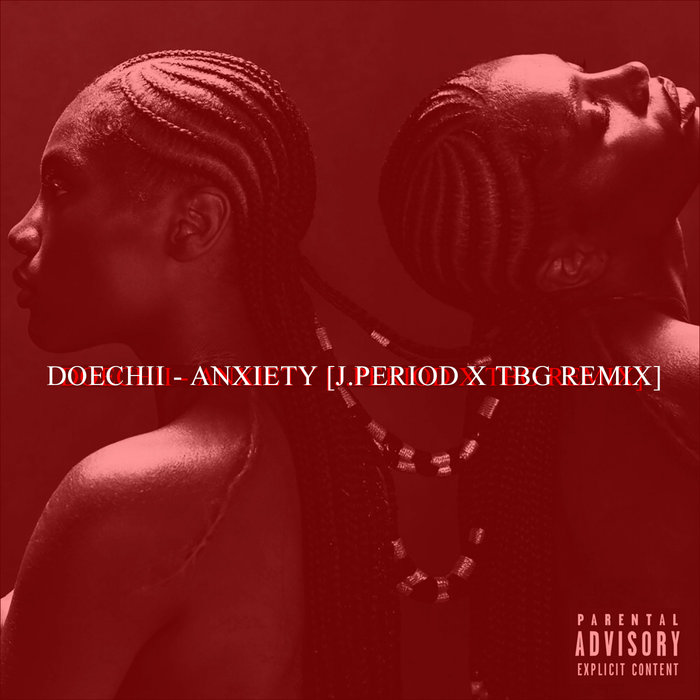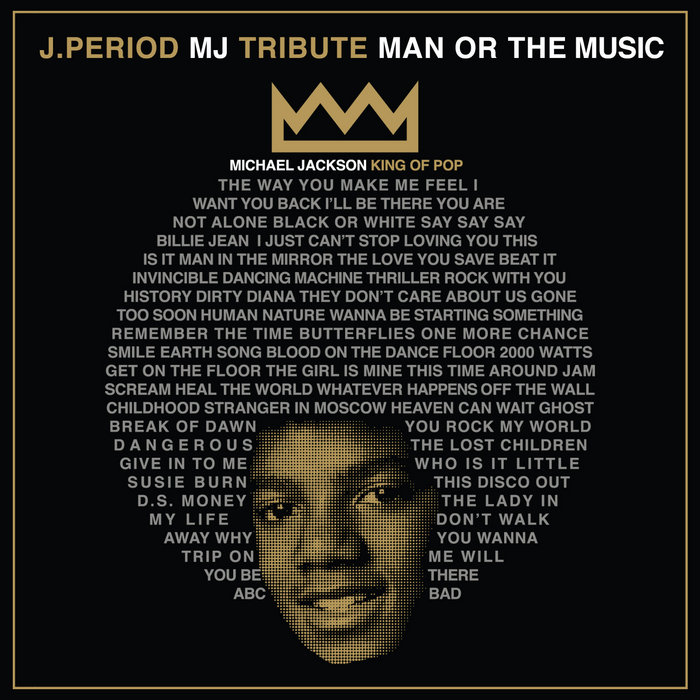
J.PERIOD Presents DOECHII "Anxiety [J.PERIOD x TBG Remix]" [12" Single Edit] – J.PERIOD
this blog is GROOVY – check out great Soul, Funk, Jazz, Hip Hop, Bass, Breaks , Reggae, House n many more TUNES
Welcome to the funky and fabulous world of DJ mixing! Grab your headphones, hit play, and let’s spin through the history of this electrifying art form. From scratchin’ vinyls to digital masterpieces, DJ mixes have shaped music as we know it today. So, kick back and enjoy this groovy ride!
The story starts in the late 1960s when pioneers like Francis Grasso began experimenting with seamless transitions between tracks in New York City clubs. He was all about that beat matching life—grabbing two records and making them groove together like peanut butter and jelly! 🎶
Fast forward to the 1970s; disco fever took over dance floors. DJs became stars themselves, spinning at places like Studio 54 while people danced their troubles away under glittering disco balls. This era birthed legends such as David Mancuso, who believed that music should be felt deep within—like a hug from your favorite aunt.
Did you know that some early DJs were so committed to keeping the dance floor moving that they would hide snacks around their setups? They figured if you’re going to sweat it out dancing all night, you might as well have some healthful treats on hand! Hey, nothing says “party” like a granola bar stash behind those huge speakers!
As we boogied into the ‘80s, technology got groovier too! Enter the turntable: now not just for playing records but also scratching them! And nobody did it better than icons like Grandmaster Flash (seriously, he practically invented turntablism). He turned his decks into instruments—imagine a guitar solo except with vinyl records.
The emergence of hip-hop brought DJing front-and-center thanks to folks like Kool Herc throwing block parties that shook neighborhoods. If you’ve ever stomped your feet to “Rapper’s Delight,” then thank these trailblazers for paving roads paved with beats.
There once was a turntablist who claimed he could only scratch one song—but boy did he make it work! Known affectionately by friends as “One Track Mike,” he managed an entire hour set using just one record each time! His secret? Pure charisma and killer showmanship kept everyone dancing till dawn!
As we emerged into the ‘90s’, rave culture exploded worldwide—the underground scene went wild with colorful lights flashing everywhere and euphoric vibes pulsating through warehouses filled with ecstatic dancers. Here comes another wave of innovators known simply as “DJs.”
Names like Carl Cox and Daft Punk rose up; they dropped mixes fueled by electronic beats that’ll detach your soul from reality (in a good way!). House music melded effortlessly into techno while genres melted together creating new sounds daily—it was creativity gone wild!
During raves in their neon heyday—a lotta glowstick mishaps ensued; there are tales where revelers wielded glowing sticks more deadly than swords during energetic dance-offs! Who knew fighting off competitors could come down to choosing fluorescent colors instead?
With tech hype rising exponentially throughout our lives—from CDs replacing vinyl closets bursting full—to online platforms changing how mixes get shared globally—the timeline transitioned fast again ensuring every budding mix master had access!
Now we’ve got software tools galore e.g., Ableton Live or Serato DJ letting anyone create stunning mashups from their bedroom studios without breaking banks (or giving up dinner)! Plus social media allows producers/DJs connect directly turning everyday listeners into fans instantly overnight.
Still rocking hard today are luminaries such as Tiësto & Calvin Harris topping charts left-right-center while promoting epic collaborations alongside pop giants reshaping future sonic landscapes further than even imagined before.
DJ sets occasionally take unexpected turns sometimes leading excitement straight off-stage—and onto other creative ventures post-show perhaps? In fact–there’s been documented cases where well-known artists spontaneously combust under pressure during live shows…not literally though—but major embarrassment ensued backstage afterward trying recover composure post-flubbed drops guaranteed laughter erupted nonetheless amongst fellow performers witnessing shenanigans unfold diligently entertaining fans beyond belief thereupon returning energized ready face next chaotic funkathon ahead!
From disco infernos igniting club scenes decades ago right through today’s massive festival exhibitions welcoming thousands crammed happily dancing amid strobe-lit skies above us all—we owe thanks generously given earlier pioneers pushing boundaries always exploring ingenious methods blend tracks revolutionizing musical experience forever onward evolving continuously anew turning ordinary gatherings magical times uniting groove enthusiasts equally sharing equal sound waves resonating positivity far-reaching global connections alongside uplifting spirits embracing vibrant communities underneath extraordinary kaleidoscopic worlds created since inception onward eternally…
So whether you’re behind decks or just vibin’ at home remember keep those spirits high rejoice celebrate life thru fantastic rhythms unified heartbeat connecting millions summoning soulful harmony encapsulated purely within notes bouncing around cosmic layers surrounding earth itself because isn’t what ultimately matters…getting lost wherever finds way back center stage feeling alive again?
Now go lay down some fresh grooves yourself—you never know who might start busting moves next door unexpectedly shaking things up all round making whole neighborhood dance party kick-off spontaneous happy vibes everywhere…and maybe keep those glowsticks handy too!

J.PERIOD Presents DOECHII "Anxiety [J.PERIOD x TBG Remix]" [12" Single Edit] – J.PERIOD

It's Your Thing – J.PERIOD

Disrespectful Feat. Big Daddy Kane (Prod. by J.PERIOD) – J.PERIOD
![J.PERIOD – J.PERIOD Presents… The Legacy of James Brown [Mixtape]](https://le-groove.de/wp-content/uploads/2021/06/J.PERIOD-J.PERIOD-Presents...-The-Legacy-of-James-Brown-Mixtape.jpg)
J.PERIOD Presents… The Legacy of James Brown [Mixtape] – J.PERIOD